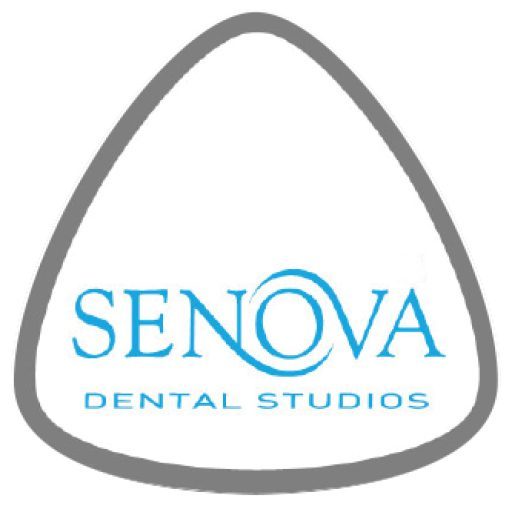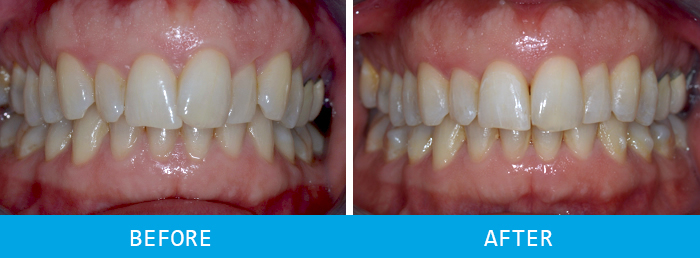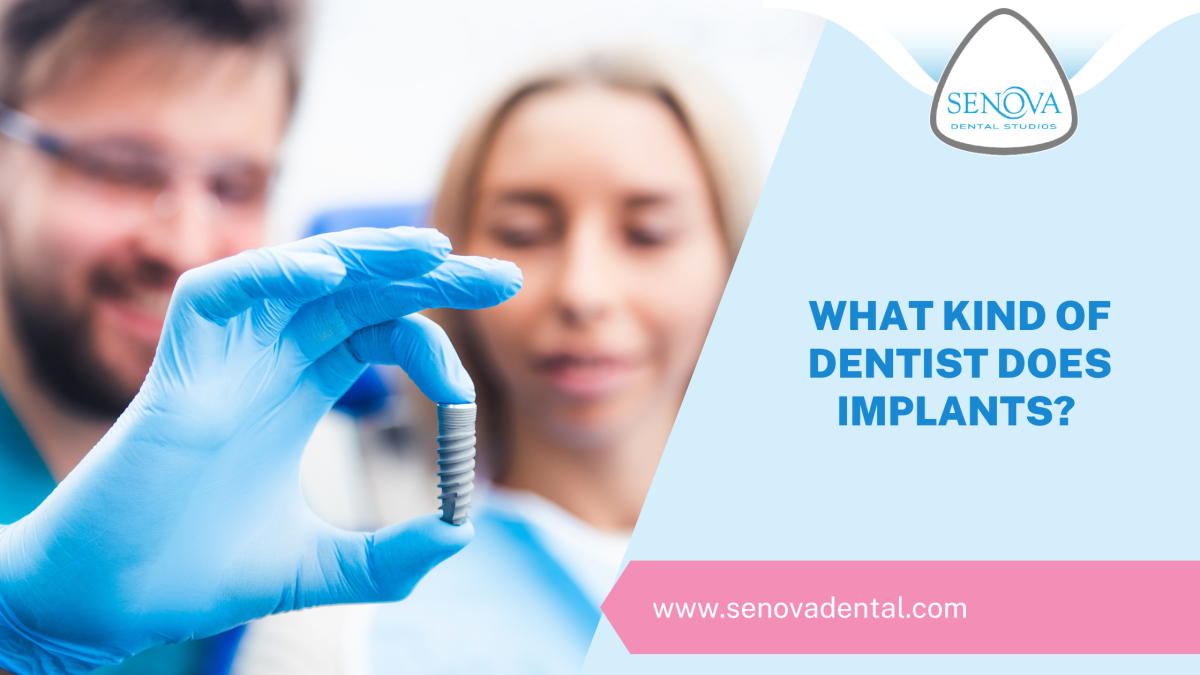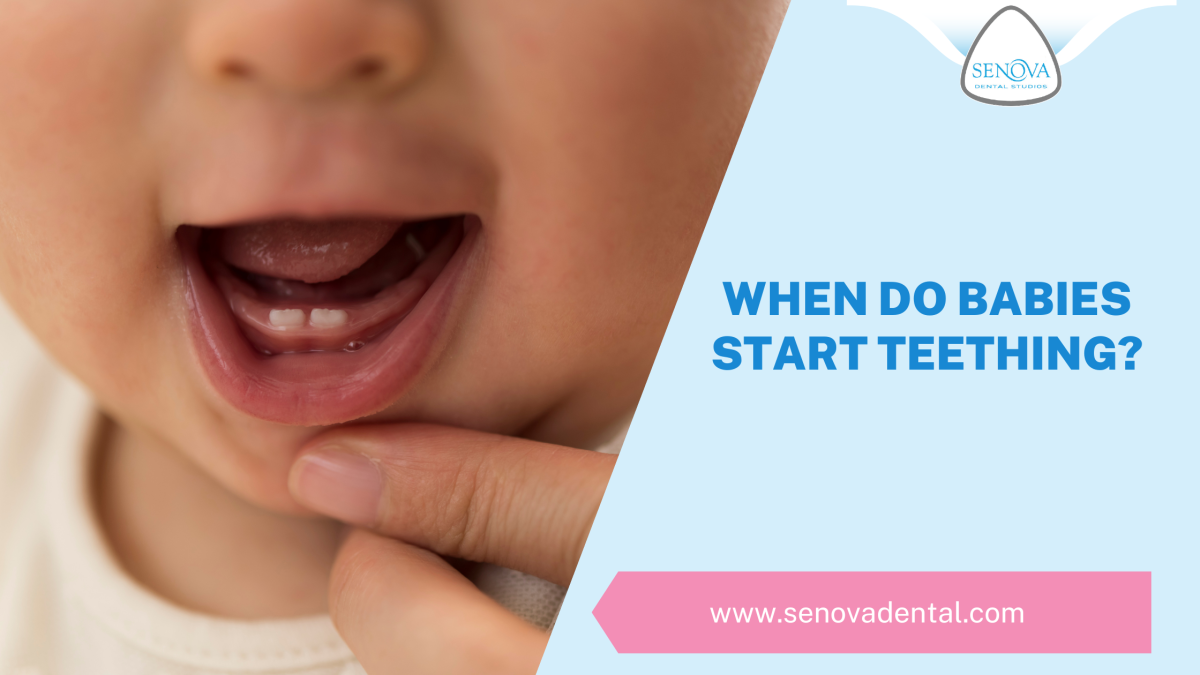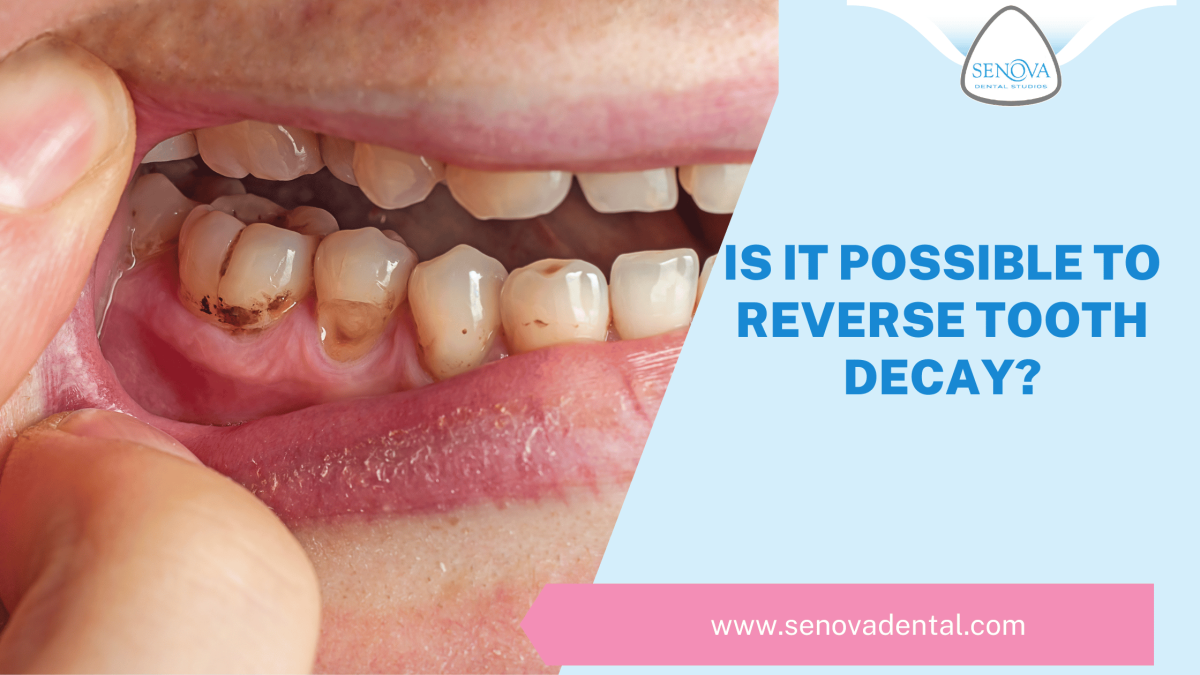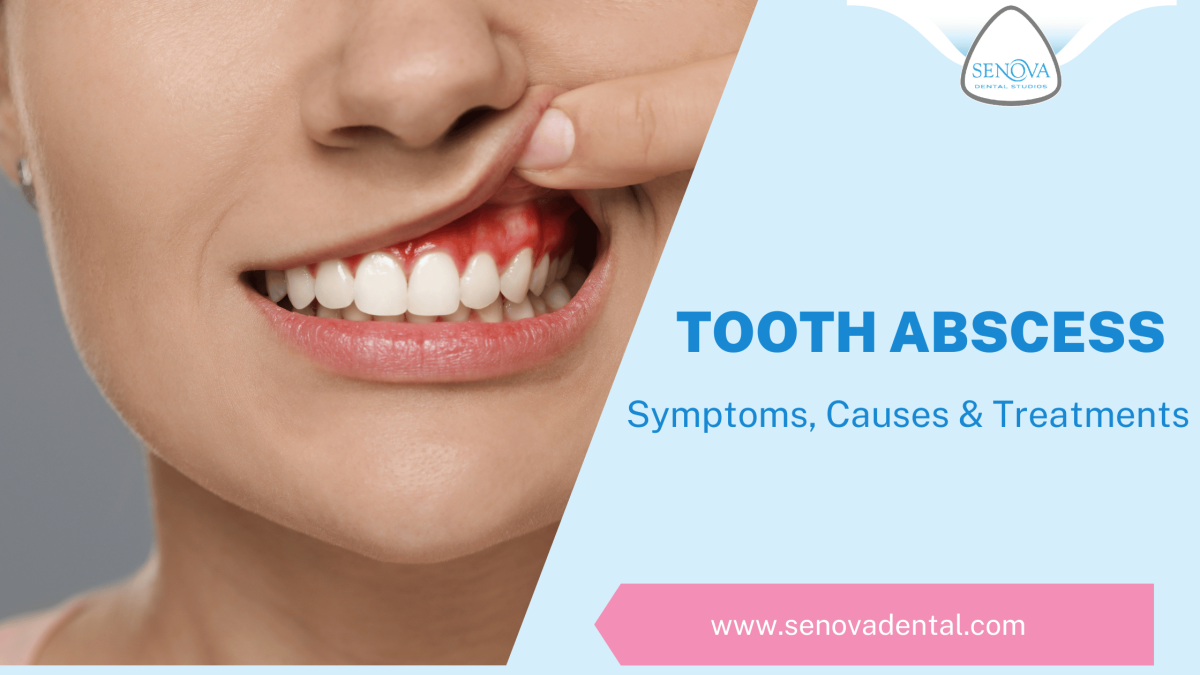If you are thinking about having orthodontic braces then you may be wondering about some of the common problems that people experience, if this is you then we’ve written this blog post and laid out some of the concerns that our patients have told us about prior to going ahead with orthodontics here at our dental practice in Watford.
Whilst it’s important to be fully informed of the various issues that may arise it’s equally important to bear in mind the advantages of having orthodontic braces to help you eat, chew and smile again with absolute confidence.
We’ve written in the past about some of the problems of NOT having straight teeth which can include dental health problems caused by an inability to clean crooked teeth properly and bite problems which can lead to headaches and neck pain.
Will I have problems eating with braces?
If you have removable braces then you will probably find that eating is virtually unaffected during orthodontic treatment. However, many clinical situations require the use of fixed orthodontics and some patients find a few problems eating.
To ensure you continue to enjoy food and eat it easily we recommend you follow our top tips:
- Eat slowly. Cutting your food into smaller pieces and chewing slowly will make things easier.
- Softer food. It sounds obvious but soft food is far easier to eat than hard crunchy food.
- Avoid stringy food. Some food, like mozzarella, can be extremely stringy when pulled apart.. This can get caught in intricate braces and make cleaning very difficult.
- Reduce the amount of nuts and seeds. These can get stuck in braces and often be really difficult to remove. Popcorn is also to be avoided wherever possible.
- Change the way you bite. When you bite into something, rather than using your front teeth, try using the side of your mouth. This might be a little bit difficult to master and certainly isn’t natural you might find it easier than using your front teeth to bite.
- Make sure you can see what you’re eating. Some foods like tortilla wraps and pies can have hidden lumps or nuts. It’s best to chop this type of food up so you can see exactly what you’re eating beforehand to avoid any surprises.
- Build a recipe book of meals you can prepare quickly and eat easily. The British orthodontic Society have a recipe book which you may find useful.
- Ease the pain. If your braces are sore whilst you eat remember to use your wax in between meals can keep the inside of your cheeks pain-free. A little dab of teething gel may also help to relieve pain.
Will I get cavities around my braces?
Anyone can get dental cavities, the challenge when you have braces is to ensure that you clean the teeth properly. Your dentist will be able to provide you with a range of cleaning items such as Tepe brushes, tape and floss which can be threaded through underneath your braces.
How to clean your teeth properly with braces
- Choose the right toothbrush. A regular toothbrush may work for you but you might find that a sonic or electric toothbrush is easier to work around the brackets. You might find that the bristles wear down much faster so be prepared to change your brush more often.
- Brush the outer side of your teeth. This is the side against your cheek which you see when you smile. Most people cleaned this side of their teeth extremely well as it is so visible, but do make sure you go right to the back of your mouth cleaning this outer surface using small circles to brush the braces. We recommend you spend about 25 seconds working the toothbrush around on each bracket. You may also need to wiggle an interdental brush around the bracket between the wires.
- Brush the inner surface of your teeth. This is the side against your tongue. Many people miss this area but it’s just as important to keep clean as the outer side of your teeth. If you have lingual braces then you will need to modify the technique from .2 above, making sure you clean around the brackets on the inside.
- Brush the biting surface of your teeth. These are the parts that meet each other make sure you work toothbrush into the nooks and crannies on each tooth and between the teeth.
- Brush your tongue. The tongue can harbour many bacteria which can often lead to bad breath. Just give your tongue a quick brush with your toothbrush to ensure your whole mouth stays healthy.
- Go interdental. Clean in between your teeth, known as the interdental area. This is where plaque can build up which is as a result of the bacteria in your mouth. Using a good quality interdental brush, floss or tape can help to clean in this area.
- Rinse your mouth out. In between meals rinse your mouth with a fluoride containing mouthwash. Don’t use mouthwash after you have cleaned your teeth with toothpaste as the toothpaste contains more fluoride than mouthwash does. If you use mouthwash after cleaning with toothpaste then you actually reduce the amount of fluoride against your teeth.
Braces are very expensive how can I pay for them?
Many dental practices offer treatment finance plans to pay for your braces. Typically this can be 0% interest on anything up to one year and interest-bearing after one year.
If one things rationally about it, a mobile phone contract can easily cost £500 per year, each and every year. Over a ten-year period your mobile phone could end up costing £5000! Financing dental braces over a couple of years will have a result for life and can be considered far better value than a simple mobile phone.
Will I have bad breath with braces?
No. At least not related to the braces. So long as you keep your teeth clean and avoid smoking your breath should remain fresh. Bad breath is often caused by either a medical condition (which would be unaffected by braces) or by poor oral hygiene.
Where can I get dental braces?
If you live in the Watford, Chorleywood, Rickmansworth, Garston, Gerrards Cross and Hertfordshire areas then our dental practice offers a wide range of orthodontic services, please visit our website for more information.
- What Kind Of Dentist Does Implants? - December 1, 2024
- When Do Babies Start Teething? - October 26, 2024
- Is It Possible To Reverse Tooth Decay? - September 29, 2024
